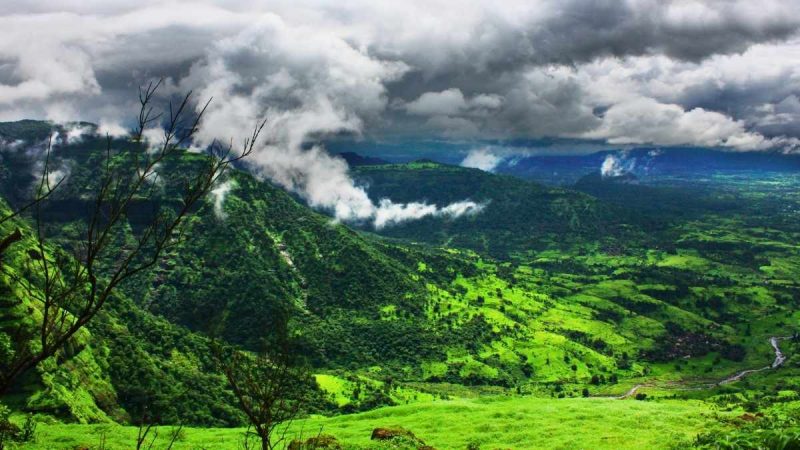Tourist-related horse activities in Matheran are causing significant environmental damage to Maharashtra’s famous hill station. According to a recent site analysis by experts, horse dung is causing major pollution in Matheran and urgent interventions have been requested. Scroll on to know more about it.
Study Suggests Limiting Horse Movement In Matheran, Maharashtra
Experts from Raigad’s Dr Babasaheb Ambedkar Technological University (DBATU) recently carried out a study in Matheran and confirmed significant environmental damage by horse movement there. They came together with Solapur’s Nagesh Karajagi Orchid College of Engineering and Technology to carry out this research.
According to the Hindustan Times, the report has been submitted to the Maharashtra Pollution Control Board (MPCB) and the National Green Tribunal (NGT). The experts have recommended urgent interventions to halt the environmental degradation in the area. They have suggested limiting the horse population and a systematic dung collection mechanism for this.
The team of experts monitored air quality at Matheran’s Dasturi Naka, railway station, and the Nagar Parishad (city council) office area for three days. They observed that particulate matter (PM10) levels exceeded the Central Pollution Control Board’s permissible limit of 100 µg/m³ by 40–72%. The cause of these elevated levels was revealed to be aerosolised horse dung, dust from unpaved roads, and emissions of ammonia and methane from decomposing dung. The report highlighted that it is adding to air and water pollution, and soil degradation, and can even contribute to the loss of local flora and fauna in the long run.
To combat these issues, they suggested buffer zones, bioremediation wetlands, and stormwater infrastructure. Experts shared that this will help prevent contaminants from flowing into the lake and other sensitive water bodies.
Also Read: After A Decade, Maharashtra To Revive Seaplane Services Connecting Mumbai & Pune To Remote Spots
Samples Collected From Popular Sites For The Study
The report has underscored the need for measures to control the undesirable effects of horse dung in Matheran. Experts suggest proper dung collection, disposal, and most importantly–regulating the number of horses in the hill station. For the first phase of the study, the team proceeded with air, water, and soil sampling. These were done at locations like horse stables, trekking trails, run-off sites, and control zones.
Water samples were collected from Charlotte Lake, nearby upstream and downstream locations, and the Simpson Tank. The results showed high turbidity and elevated levels of E. coli, nitrates, phosphates, and heavy metals like lead–clear indicators of faecal contamination and potential health hazards.
Samples from seven locations indicated progressive soil degradation in high horse-traffic zones. The report identified key risks, including the loss of native vegetation, reduced seed germination, and the presence of persistent pathogens. It also warned of potential irreversible damage to soil structure and fertility.
Also Read: Rajkummar Rao Finds Banaras Magical; Considers It His Second Home
The final report will be submitted after the second phase of sampling. The analysis for the same will take place between September and December 2025.
Cover Image Courtesy: Wikimedia Commons
For more such snackable content, interesting discoveries and the latest updates on food, travel and experiences in your city, download the Curly Tales App. Download HERE.

